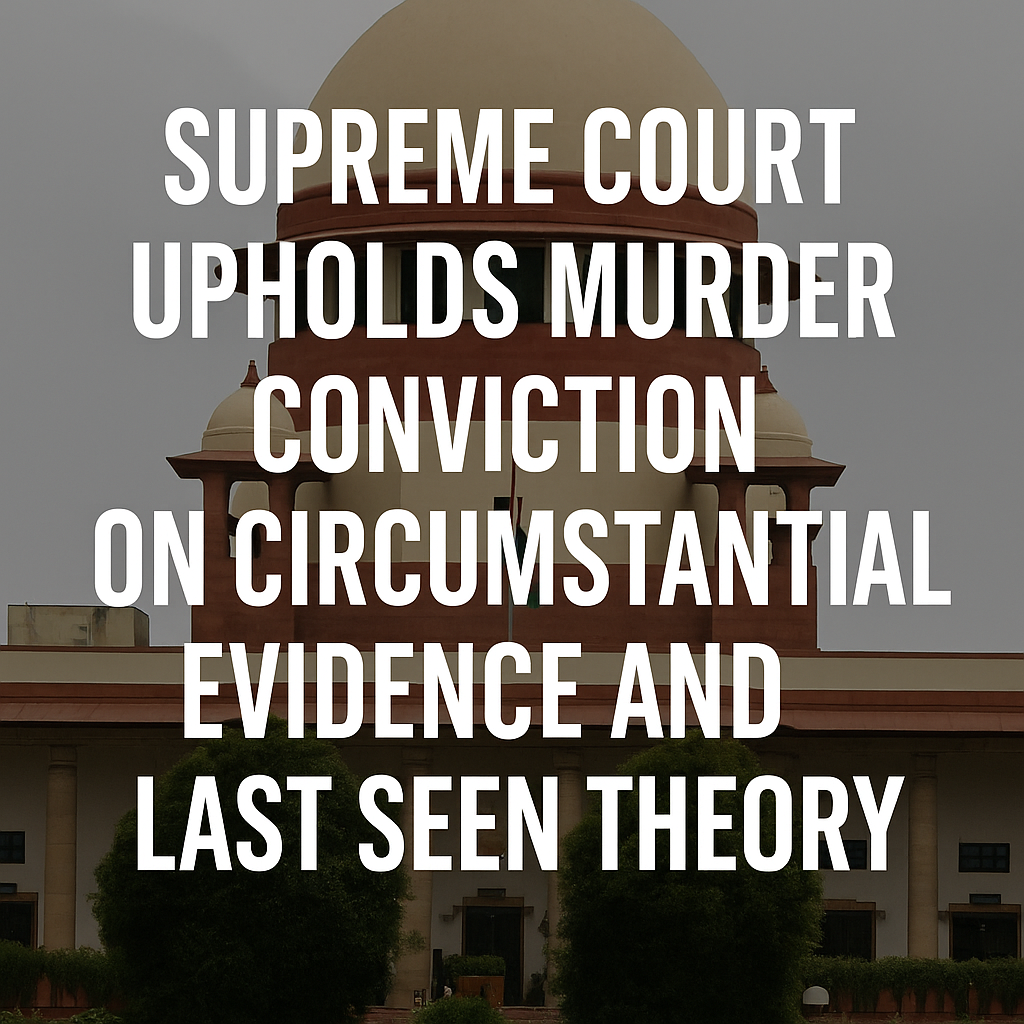The High Court of Delhi rejected the application of Mr.Chidambaram for anticipatory bail in the case registered by Central Bureau of Investigation (CBI) being RC No.220/2017-E-0011 under Section 120B IPC read with section 420 IPC, Section 8 and Section 13(2) read with Section 13(1)(d) of the Prevention of Corruption Act, 1988. By the impugned order dated 20.08.2019, the High Court also refused to grant anticipatory bail in the case registered by the Enforcement Directorate in ECIR No.07/HIU/2017 punishable under Sections 3 and 4 of the Prevention of Money-Laundering Act, 2002.
Mr.P.Chidambaram approached the Supreme Court on various grounds. The Supreme Court has elaborately discussed the role of the Court during Investigation and also the scope of Section 438 of Cr.P.C.
The Supreme Court has decided the following two points for consideration i.e.
whether the court can/cannot look into the documents/materials produced before the court unless the accused was earlier confronted with those documents/materials?; and
whether the court is called upon to hold a mini inquiry during the intermediary stages of investigation by examining whether the questions put to the accused are ‘satisfactory’ or ‘evasive’, etc.?
Relying upon the judgment reported in Balakram v. State of Uttarakhand and others (2017) 7 SCC 668, the Supreme Court answered that the confidentiality is always kept in the matter of investigation and it is not desirable to make available the police diary to the accused on his demand. It is further held that “it is clear that the denial of right to the accused to inspect the case diary cannot be characterised as unreasonable or arbitrary”
Regarding the second point, the Supreme Court held that “there is a well-defined and demarcated function in the field of investigation and its subsequent adjudication. It is not the function of the court to monitor the investigation process so long as the investigation does not violate any provision of law. It must be left to the discretion of the investigating agency to decide the course of investigation. If the court is to interfere in each and every stage of the investigation and the interrogation of the accused, it would affect the normal course of investigation. It must be left to the investigating agency to proceed in its own manner in interrogation of the accused, nature of questions put to him and the manner of interrogation of the accused”
As regards the grant of Anticipatory Bail, the Supreme Court held that the pre-arrest bail is a privilege and the same should be granted only in exceptional cases. Where there is a possibility of spoiling the Investigation, the Anticipatory Bail must be refused.
The Supreme Court held that the judicial discretion conferred upon the court has to be properly exercised after application of mind as to the nature and gravity of the accusation; possibility of applicant fleeing justice and other factors to decide whether it is a fit case for grant of anticipatory bail. Grant of anticipatory bail to some extent interferes in the sphere of investigation of an offence and hence, the court must be circumspect while exercising such power for grant of anticipatory bail. Anticipatory bail is not to be granted as a matter of rule and it has to be granted only when the court is convinced that exceptional circumstances exist to resort to that extraordinary remedy.
The Supreme Court, while answering the right available under Article 21 of the Constitution of India, held that “We are conscious of the fact that the legislative intent behind the introduction of Section 438 Cr.P.C. is to safeguard the individual’s personal liberty and to protect him from the possibility of being humiliated and from being subjected to unnecessary police custody. However, the court must also keep in view that a criminal offence is not just an offence against an individual, rather the larger societal interest is at stake. Therefore, a delicate balance is required to be established between the two rights -safeguarding the personal liberty of an individual and the societal interest. It cannot be said that refusal to grant anticipatory bail would amount to denial of the rights conferred upon the appellant under Article 21 of the Constitution of India”
Finally, the Supreme Court has concluded that granting Anticipatory Bail to Mr.P.Chidambaram will hamper the investigation and accordingly dismissed the appeals.





More Stories
The Court is not bound to follow statute or rules of evidence while deciding the custody of a Child and the only consideration should be the welfare and well-being of the child- Supreme Court Reiterated
When the Agreement specifies particular type/mode of constitution of Arbitral Tribunal, the same should be followed in strict sense- Supreme Court clarified.
The Hospital is vicariously liable for the acts of negligence committed by the Doctors engaged or empanelled to provide medical care- Supreme Court Ruled